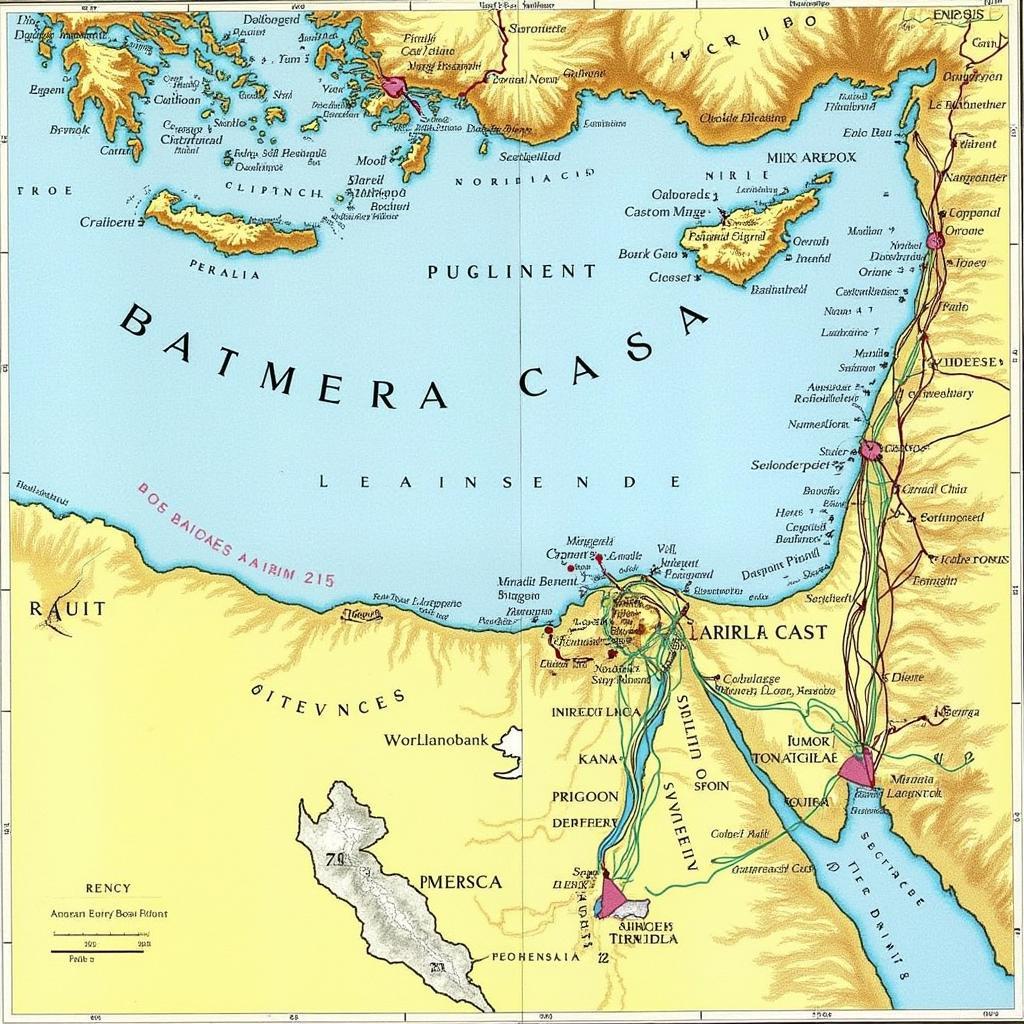A Play of Giants as a Satire on African Leaders
“A Play of Giants” offers a biting critique of African leadership, exploring themes of corruption, power, and the legacy of colonialism. The play uses satire to expose the flaws and hypocrisies of those in power, prompting reflection on the complex political landscape of the continent.
Unveiling the Satire: A Play of Giants and African Politics
Wole Soyinka’s “A Play of Giants” isn’t just a play; it’s a mirror reflecting the often-troubled realities of African leadership. Through cleverly crafted satire, Soyinka dissects the personalities and actions of fictional African dictators, drawing parallels to real-world figures and events. The play’s strength lies in its ability to make us laugh while simultaneously forcing us to confront uncomfortable truths about power, corruption, and the abuse of authority. The play satirizes the grandiosity and delusions of power that often characterize dictatorial regimes.
The Giants and Their Follies: Decoding the Characters
The characters in “A Play of Giants” are larger-than-life figures, embodying the excesses and absurdities of unchecked power. Their actions, often bordering on the comical, highlight the tragic consequences of their leadership. From commissioning grandiose statues to rewriting history, these “giants” are satirical representations of the self-serving nature of some African leaders. Soyinka masterfully uses these exaggerated characters to expose the human cost of political ambition and the devastating impact of their decisions on the lives of ordinary people.
Colonialism’s Shadow: A Lingering Influence
“A Play of Giants” also touches upon the lingering effects of colonialism on African societies. The play suggests that the current political landscape is, in part, shaped by the historical context of colonial rule. By examining the power dynamics and the legacy of exploitation, Soyinka provides a nuanced understanding of the challenges facing post-colonial African nations. The play prompts us to consider how the past continues to influence the present and to question the role of external forces in shaping African political realities.
The Power of Laughter: Satire as a Tool for Change
Satire, as employed in “A Play of Giants,” is not merely a form of entertainment. It’s a powerful tool for social commentary and political critique. By exposing the flaws and hypocrisies of those in power through humor, Soyinka encourages critical thinking and sparks dialogue about the need for change. The play invites audiences to question the status quo and to imagine a different future for Africa, one free from the grip of tyrannical leaders.
Beyond the Stage: “A Play of Giants” and Contemporary Africa
The themes explored in “A Play of Giants” remain relevant in contemporary Africa. The play continues to resonate with audiences who recognize the parallels between the fictional characters and real-world political figures. The play’s enduring power lies in its ability to shed light on the ongoing struggles for democracy, human rights, and good governance across the continent. It serves as a reminder of the importance of holding those in power accountable and the need for continued vigilance against corruption and abuse of authority.
A Call for Reflection: The Future of African Leadership
“A Play of Giants” ultimately serves as a call for reflection on the nature of leadership and the future of Africa. By confronting the uncomfortable truths about the continent’s political landscape, Soyinka encourages us to imagine a different path forward. The play inspires hope for a future where leadership is defined not by greed and self-interest, but by a genuine commitment to serving the people.
 The future of African leadership: hope and change
The future of African leadership: hope and change
In conclusion, “A Play of Giants” offers a powerful and enduring satire on African leaders. By using humor and exaggeration, Wole Soyinka exposes the flaws and hypocrisies of those in power, prompting critical reflection on the challenges facing the continent. The play’s enduring relevance underscores the need for continued dialogue and action towards a future where leadership is defined by integrity and a commitment to the well-being of all Africans.
FAQ
-
Who wrote “A Play of Giants”? Wole Soyinka, a Nigerian playwright and Nobel laureate.
-
What is the main theme of the play? The play satirizes the corruption and abuse of power by African dictators.
-
Is “A Play of Giants” based on real events? While fictional, the play draws inspiration from real-world political figures and events in post-colonial Africa.
-
What is the significance of the title? The “giants” represent the larger-than-life figures of African dictators and their inflated egos.
-
What is the role of satire in the play? Satire is used to expose the flaws and hypocrisies of the leaders while encouraging critical thinking.
-
Why is “A Play of Giants” still relevant today? The themes of corruption and the struggle for good governance remain relevant in contemporary Africa.
-
Where can I learn more about Wole Soyinka’s work? Numerous resources are available online and in libraries, including his other plays, poems, and essays.
Need support? Contact us 24/7: Phone: +255768904061, Email: kaka.mag@gmail.com, or visit us at Mbarali DC Mawindi, Kangaga, Tanzania.

